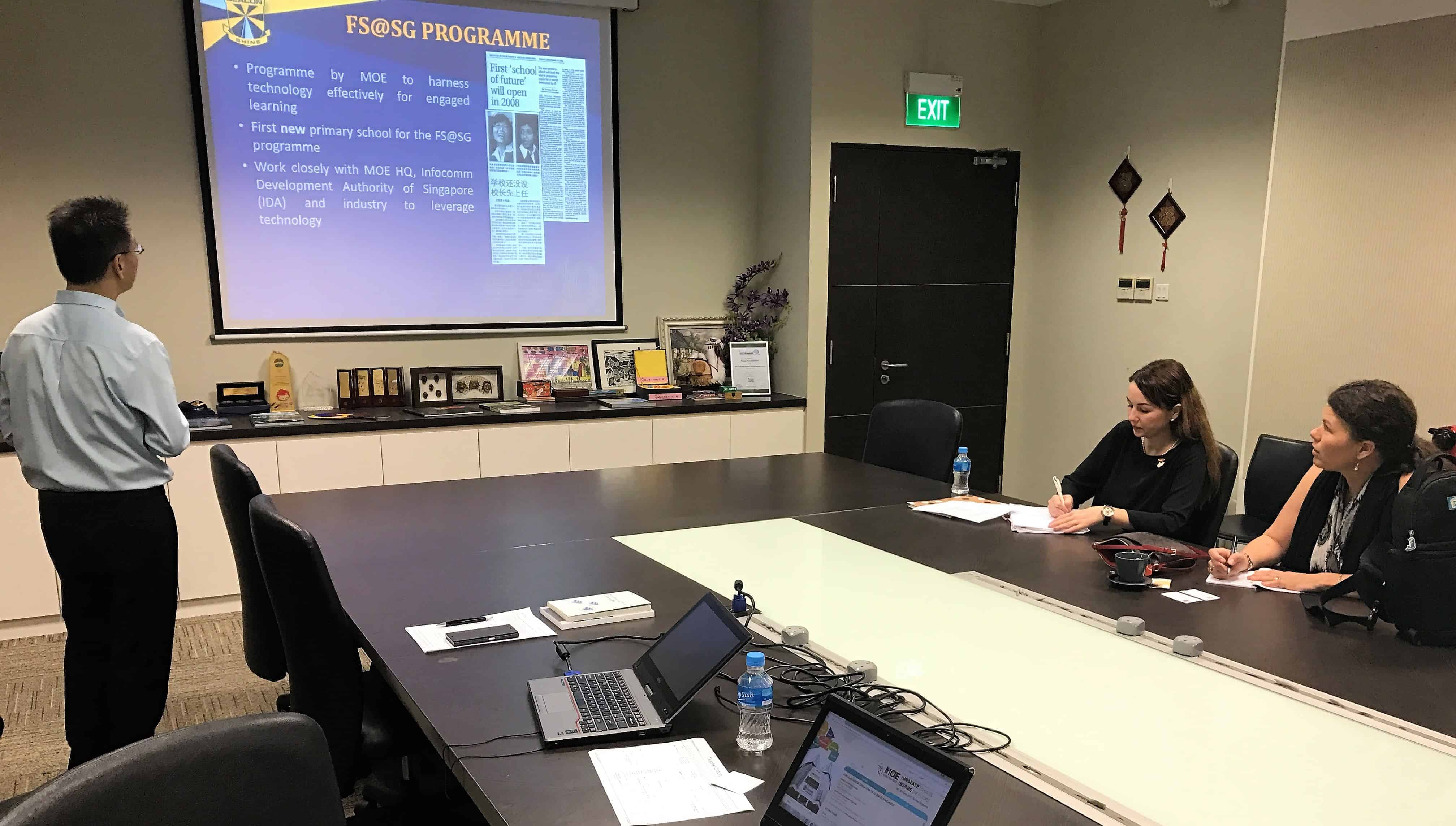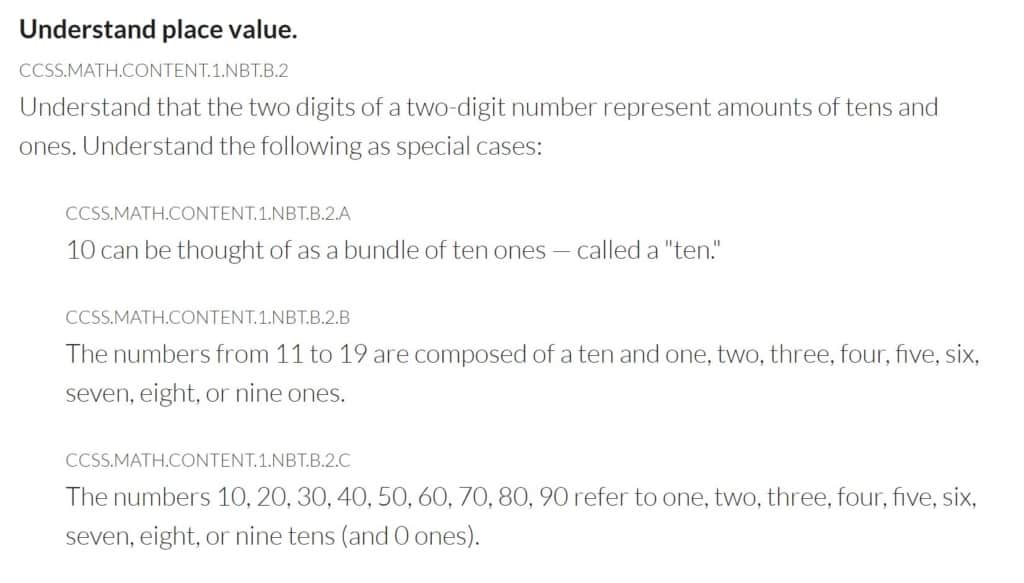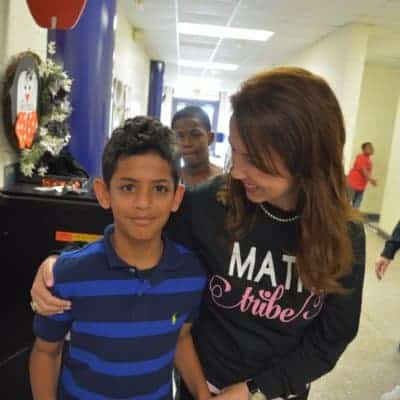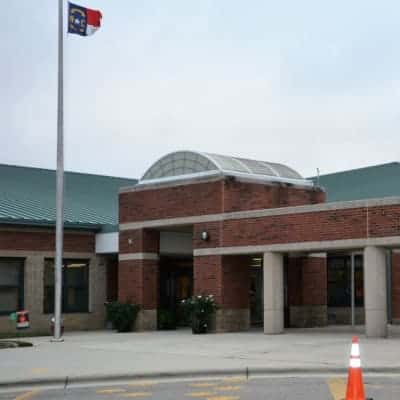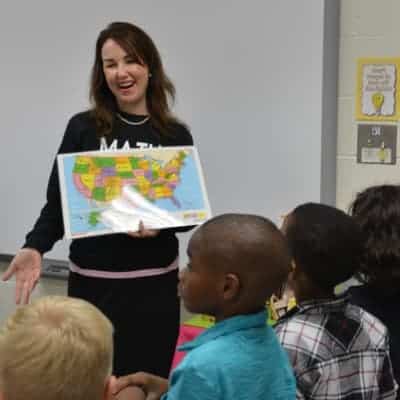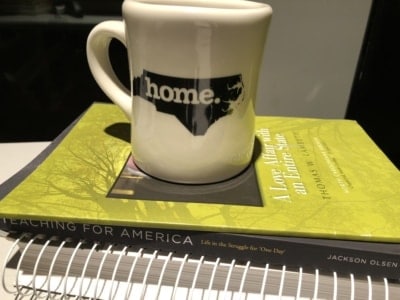A public school kid — and teacher
Andi Webb is a public school kid — and teacher — through and through. Growing up in Cumberland County, she attended Elizabeth Cashwell Elementary, Southview Junior High School, and Southview Senior High School. She teaches at Alderman Road Elementary, where she was hired by her own first grade teacher.
When Webb was in her first year of teaching, Bill Harrison was then in his first year as superintendent of the Cumberland County Schools. Harrison’s wife had been Webb’s second grade teacher. Harrison went on to chair the N.C. State Board of Education and is now the superintendent of the Alamance-Burlington School System.
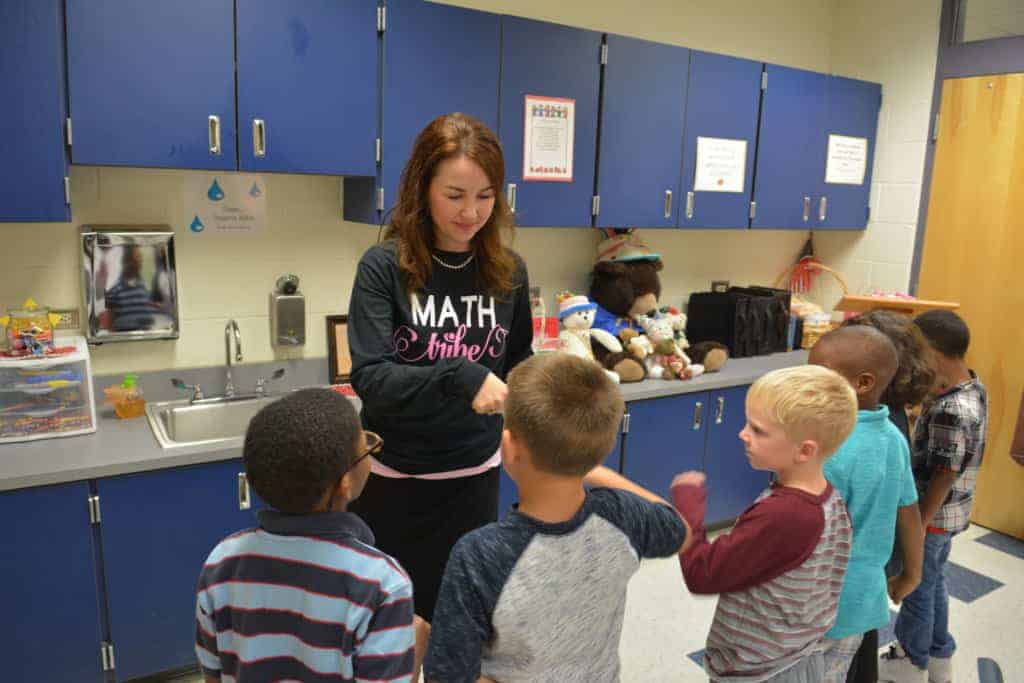

Harrison says of Webb and other public school teachers, “At the end of the day, with all we talk about, it comes down to each child having a competent, caring teacher committed to his/her success. School leaders must view their number one priority as recruiting, selecting, developing, and retaining high quality teachers.”
“As a state, we need to demonstrate that we respect, value, and celebrate our teachers,” he says.
“I love the world.”
Webb brings a world of knowledge with her into the classroom. She says “I love the world” anytime she can weave it into conversation. She has traveled to about 40 countries, and last year she lived in Singapore for 3 1/2 months after being awarded the prestigious Fulbright Distinguished Award in Teaching.
According to the website, “The Fulbright Distinguished Awards in Teaching Program recognizes and encourages excellence in teaching in the U.S. and abroad. U.S. teachers receive grants to study at a university, observe classes and complete a project pertaining to their field of educational inquiry during their time abroad.”
Webb teaches math remediation. Across her district, she noticed in the test scores that numbers with the base 10 are consistently the weakest standard for students. She believed if students had a better understanding of place value and equivalence before or concurrently with learning addition and subtraction, test scores and math fluency would improve. Here is the standard:
In Singapore, Webb studied the use of number bonds and number stories as precursors to addition and subtraction. When I asked her what that meant, she drew me a picture on her place mat.


“There are children behind the test scores,” Webb says. “The children need to understand that the two digits of a two digit number represent amounts of tens and ones.”
Here is an EdExplainer about Singapore Math.
Schools — and teachers — of the future
Last year, I had the privilege of visiting Webb while she was studying in Singapore. We met up at a primary school where Webb observed instruction in classrooms for three weeks. We learned together about the FutureSchools@Singapore.
While we go to Singapore to think and learn about best practices in education, they come to the United States for the same reason. FutureSchools@Singapore visited the Microsoft School of the Future in Philadelphia to think about the concept, tech-driven enterprises, and the bottom line — are we building schools where parents will choose to send their kids?
Educators in Singapore cautioned us about how hard it is to scale best practices and build schools for the future, noting,
“Making ramen is easy, but try making it for 1,345 students.”
In Singapore, teachers are seen as researchers as they connect classrooms to policy. Teachers know what works, they told us. Here is their list of attributes of a 21st century teacher: inspiring, global, learning partner, mentor, adaptive, engaged, researcher, and think differently.
Webb is all of those and more. She is a thought leader and a change agent.
Last fall, after she returned from Singapore, Webb hosted EducationNC and the Burroughs Wellcome Fund for a day, showing us how Singapore Math was being implemented in her school and other elementary schools in her district.
After the visit, the Burroughs Wellcome Fund decided to include a third elementary school in its Singapore Math pilot so that all three elementary schools feeding into Gray’s Creek Middle School would be involved, allowing for better tracking of students and a better understanding of the impacts of Singapore Math over time.
In her 19th year of teaching in the same public school, Webb is committed to the success of each of her students, but she is also committed to the success of our public schools and our state’s place in our global world.
Editor’s Note: The Burroughs Wellcome Fund supports the work of EducationNC.
